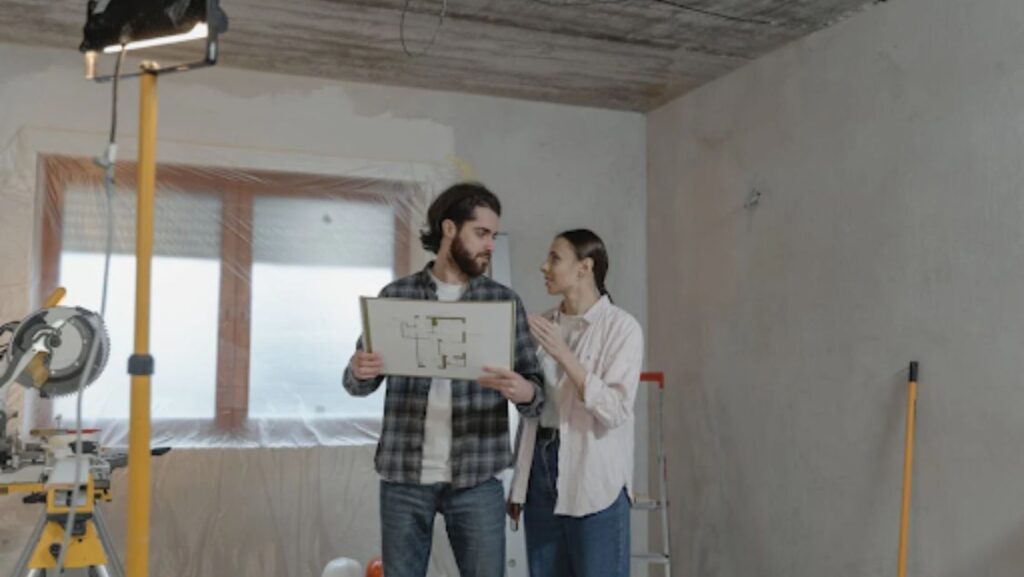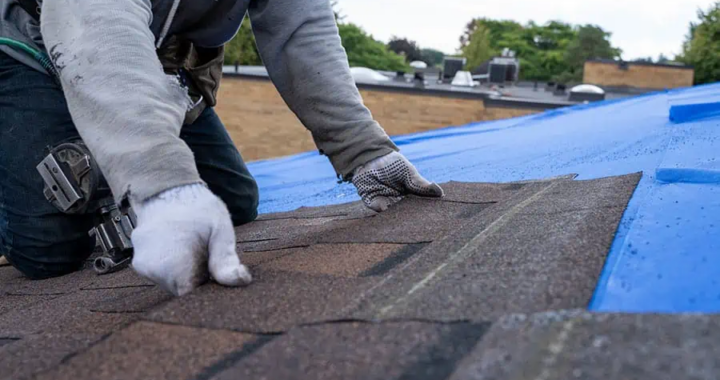Should You Renovate or Rebuild Your Home?

When considering significant changes to their home, homeowners might wonder if the home still meets their needs or if it’s just getting too old to be practical. Is it worth fixing, or is it better to start over completely with a new build?
There’s no single answer that fits every home or family. What works well for one property might not make sense for another. That’s why examining various factors is key to making the right choice.
To figure this out, we’ll break down what matters: cost, structure, rules, time, value, and personal needs. Each one plays a role in deciding which route makes more sense for your situation.
Condition and Age of the Home
Not all homes are built the same, and the age of your home can play a massive part in the decision. Renovation is a smart move if your home is in good shape and only needs surface improvements. That way, you can keep the sections you like while improving areas that are outdated or inefficient. Even small upgrades like replacing worn posts, adding protective brackets, or reinforcing outdoor structures with products from Fence Armor can extend the life of existing features and make renovations more worthwhile.
On the other hand, older homes often hide deeper issues. Weak foundations, worn-out plumbing, or outdated layouts can make renovation difficult and expensive. Sometimes, the building isn’t safe or strong enough to handle modern upgrades.
In these cases, a knock-down rebuild might be the most practical option. Starting fresh allows you to fix long-term problems and design something that fits your lifestyle today. This is especially useful when the current layout no longer supports your needs or plans.
Cost Considerations
One of the first things most people think about is the price. Renovating usually costs less initially, especially if the changes are simple. Upgrading a kitchen, fixing a roof, or adding a room seems more manageable compared to starting from scratch.
However, these smaller projects can add up quickly. If the home has hidden problems like mould, outdated wiring, or poor insulation, the costs might rise far beyond what you planned. Once renovations go past a certain point, rebuilding might be the more affordable option in the long run.
Building a new home can initially seem costly, but it often comes with savings down the road. New homes are usually more energy-efficient, need fewer repairs, and use modern materials that last longer. When all those savings are added together, it could tip the scales in favour of rebuilding.
Local Building Regulations and Permissions
Rebuilding, on the other hand, usually requires a longer approval process. You’ll need new designs, inspections, and sign-offs from the local council. These steps can take months and sometimes come with extra conditions like height limits or material restrictions.
Doing your homework early saves time and stress. Before deciding, talk with builders who know the local rules and ask about permits. Skipping this step can lead to costly delays later.
Time and Disruption
Renovating may seem simpler in theory, since many homeowners manage minor updates while still living on-site. But when major work is being done, noise, dust, and limited space can make daily life hard.
Rebuilding means moving out during the entire process. While that might sound like a hassle, it can make things smoother. Builders have full access to the site, allowing them to work more efficiently with fewer people living on the site.
If you’re juggling work, kids, or other responsibilities, consider how much time and energy you can give the project before it disrupts your routines. A clear timeline and living arrangement plan can help reduce stress, no matter your path.
Value and Return on Investment
A key factor in this decision is how the work will affect your home’s value. Renovations can make your home more attractive to buyers, mainly when focusing on kitchens, bathrooms, and open spaces. They also let you improve comfort without changing your address.
Still, a rebuild offers a clean slate. You can create a modern layout, add the space you need, and increase your property’s overall appeal. Newly built homes often draw higher prices than older homes with updates.
Think through your plans. If selling the home is likely within the next few years, weigh the likely return on your investment. Getting advice from a local real estate agent can help guide your choice.
Emotional and Lifestyle Factors
There’s more to this choice than money and materials. Many families grow attached to their homes over time. If your home is full of memories and in a neighbourhood you love, renovating might be the better path.
But if your needs have changed, like needing more space, better lighting, or step-free access, a rebuild might be the only way to get it right. A new layout can closely match your lifestyle and support long-term comfort.
Prioritise what matters most to you—whether that’s preserving cherished elements or designing for future needs. Whether that’s keeping a familiar garden or creating a new kitchen that fits your cooking habits, the emotional side of this decision is just as important as the numbers.
Final Words
Deciding between renovation and rebuilding isn’t always easy, and there’s no one-size-fits-all answer. Take time to weigh the facts and reflect on what matters most to your family and finances. Once you do, the right choice often becomes clear. Both paths can lead to a better home—it depends on where you’re starting and where you want to go.



 The Standards Most People Ignore When Selecting Wood Screws
The Standards Most People Ignore When Selecting Wood Screws  Perfect Tips for Choosing Egress Windows for Your Basement
Perfect Tips for Choosing Egress Windows for Your Basement  What Is Included in a Roof Replacement?
What Is Included in a Roof Replacement?